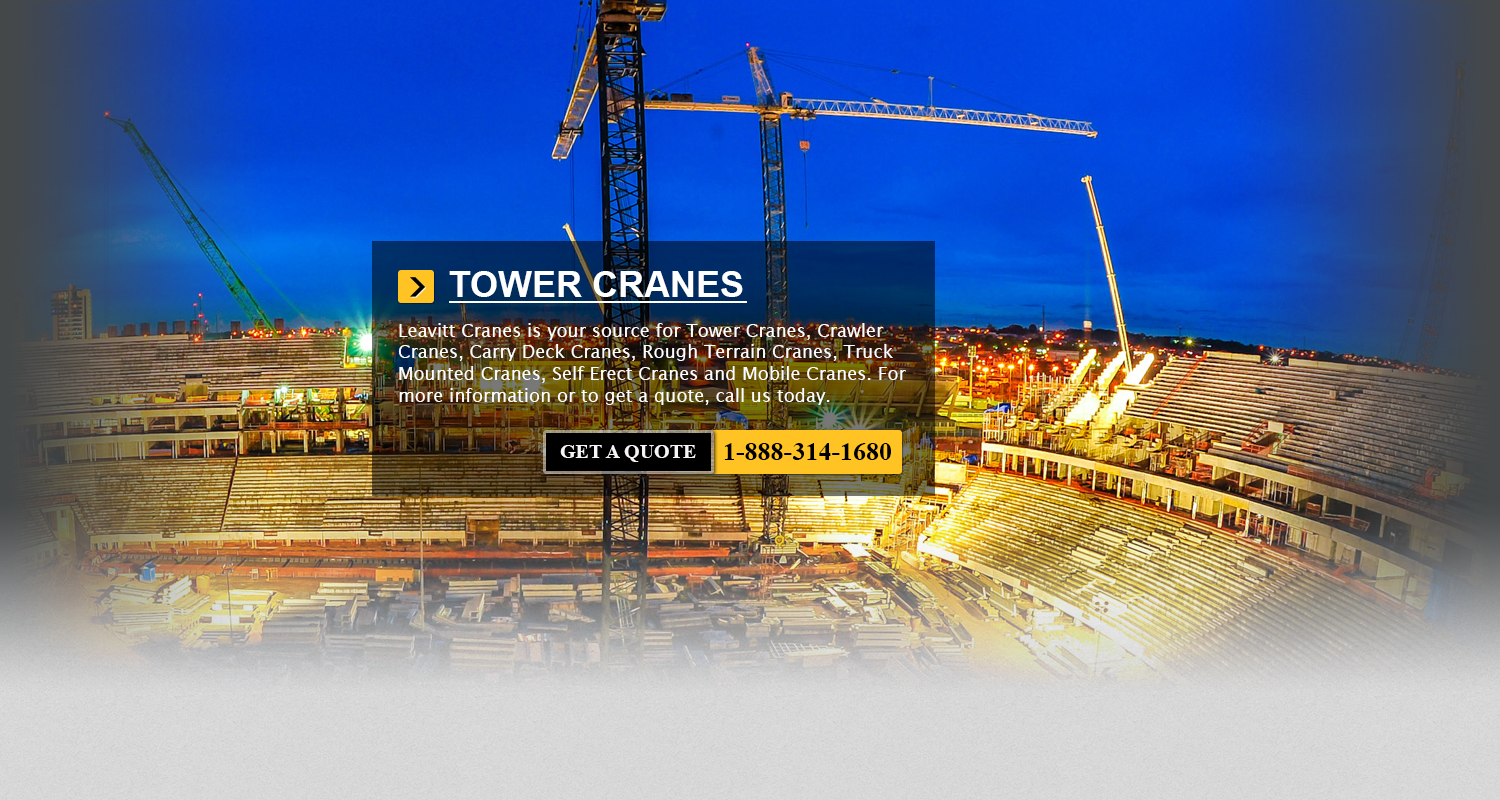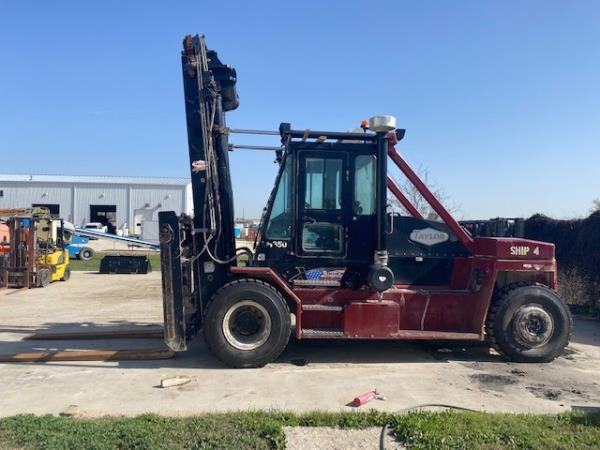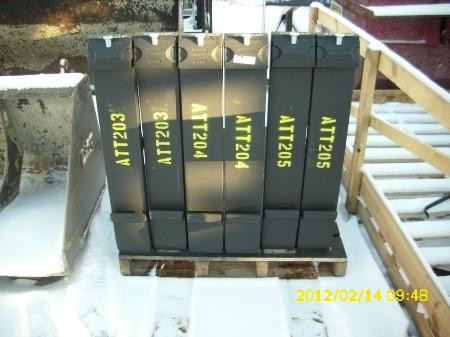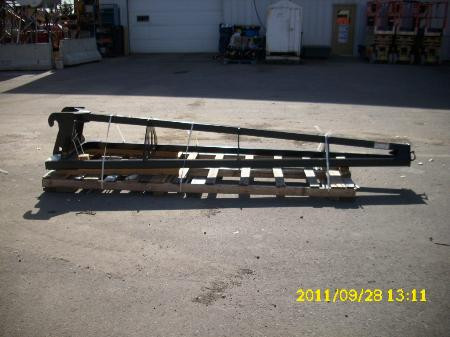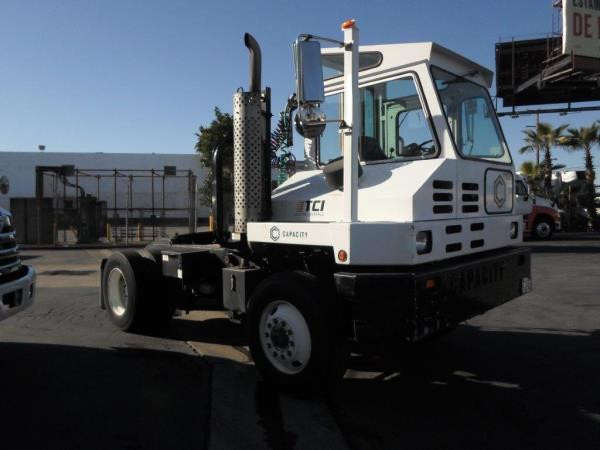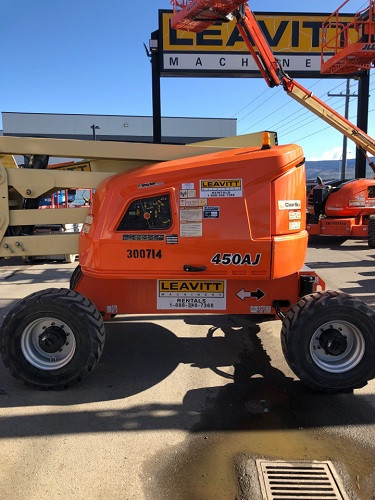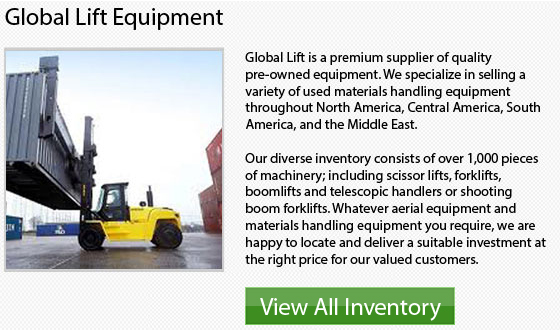
Mitsubishi Gas Forklifts San Francisco
Employers are not required to replicate previous training of a new operator according to lift truck regulations. Training nevertheless needs to be supplemented in order to deal with certain workplace risks and specific workplace machinery. Like for example, an operator doesn't have to be trained to maneuver a forklift on a ramp if that work place does not have a ramp; however, if the operator is actually assigned to work someplace that has a ramp, it is necessary that additional training must be provided.
Trainees can use a powered industrial truck only when they are under the direct supervision of people who have the experience, training and knowledge to train operators and assess their competence utilizing the machine. The trainees could just learn in a setting where such operation does not put in danger other workers or the trainee themselves.
It is necessary to make a practical evaluation in the workplace. If a third party training provider is chosen, it is better to have the training happen at the workplace, utilizing lift trucks at the workplace to be as precise as possible.
An operator is said to be qualified when they have successfully passed the training with records maintained by the employer. The certification has to include the training date, the operator name, and the name of the individual performing the training and assessment and lastly the evaluation date. Even if certain state OSHA bodies require the issue of an operator's certificate, the Federal OSHA does not need it.
Every three years, refresher training is necessary. It can also become mandatory to those operators who have demonstrated some type of deficiency in safe lift truck operation. Like for example, refresher training will be triggered by certain instances like for example: if there is a near miss or an accident, if a different type of forklift is introduced to the workplace, if a supervisor observes operating unsafely and if an operator received a poor 3 year evaluation.
When unsafe use of a lift truck is noticed, it should be noticed that refresher training is not always the solution. For instance, if an operator is willfully disobeying workplace safety rules, it may be necessary to implement disciplinary action. And finally, even though training lift truck operators is a requirement, it is essential to practice forklift awareness training for other staff working in the vicinity of forklifts and pedestrians in order to ensure everybody would be safe.
- Terex Man Lifts San Francisco
Terex Manlift Specifications Terex is a Westport, Connecticut company which specializes in making in manufacturing construction machinery. Machines such as manlifts, boom lifts and aerial lifts. These types of machines are designed to facilitate access... More - Haulotte Rough Terrain Scissor Lifts San Francisco
Traditionally, industrial lifts have been used in production and manufacturing settings to raise and lower work things, people and materials. The scissor lift, also referred to as a table lift, is an industrial lift which... More - JLG Zoom Boom San Francisco
To handle all of your rough terrain difficulties, JLG offers the 400 Series and its fastest drive and lift speeds in its class which will ensure a boost in production. You would be able to... More - Omega Rough Terrain Forklifts San Francisco
MEGA Series - The MEGA Series is a powerful lift truck which is capable of covering a variety of applications. From steel and lumber and dealing with other kinds of heavy lifting as much as... More - Toyota Counterbalance Forklift San Francisco
For over 4 decades, Toyota has been among the leading suppliers of innovative lift trucks in the industry. Up to date, the business has sold more than 1 million forklifts. The company has earned a... More
